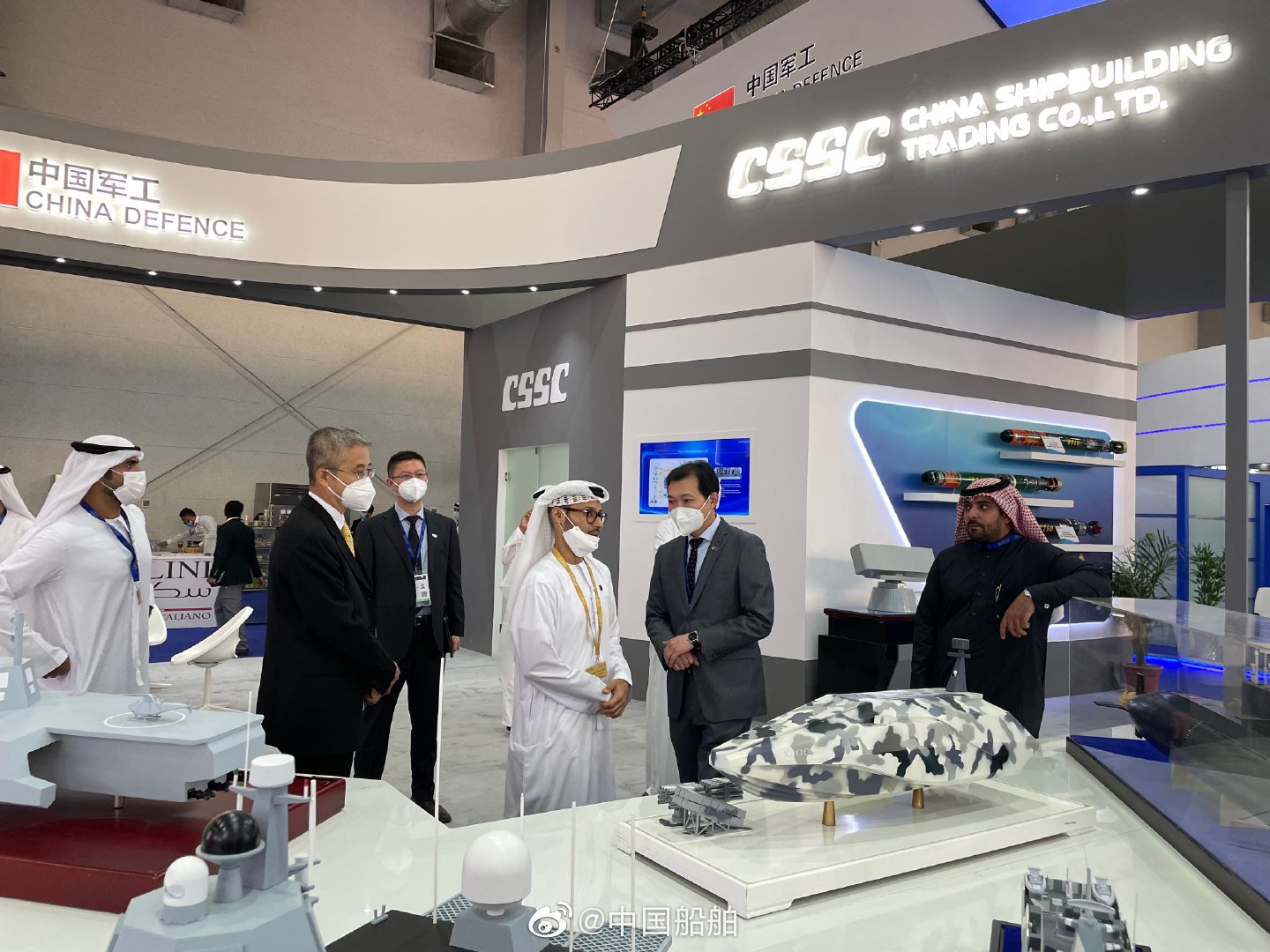Thailand’s Chinese submarine order hits snag after Germany’s export embargo on MTU engines
- The first Yuan Class S26T worth US$408 million is being assembled without German engines as promised, said a Thai opposition lawmaker
- German military attaché says German engines cannot be used in Chinese military and defence items
 A military model of S-26T submarine. Photo: Handout
A military model of S-26T submarine. Photo: Handout
Thailand’s purchase of a Chinese-made Yuan Class S26T submarine worth 13.5 billion baht (US$408 million) has stalled over the manufacturer’s failure to obtain German-made diesel engines as stipulated in the contract.
State-owned conglomerate China Shipbuilding & Offshore International signed an agreement with Thailand’s Navy in 2017 for the submarine. The Thai navy said the deal was a government-to-government type, however, it bypassed any approval from the military-backed appointed parliament or the office of the auditor general.
The first vessel is expected to arrive in 2024, but a Thai opposition lawmaker – who was on the parliamentary subcommittee scrutinising the navy’s budget for the 2021-22 financial year – revealed last month that the submarine was being assembled without the engines.
Yutthapong Charasathien of Pheu Thai, the party linked to exiled premier Thaksin Shinawatra, told a press conference on February 27 that China was currently facing a problem in obtaining engines made by German manufacturer MTU.
“Why didn’t Thailand deal with countries that can produce their own submarine’s engines? Why would the Thai navy continue with the plans to buy the second and the third when the first one did not get an engine yet? I still insist the purchase is not transparent,” he said.
Yutthapong and other opposition lawmakers were part of a minority group that opposed the vote to approve the navy’s procurement of another two submarines in 2020. The navy recently delayed the budget proposal of the two vessels worth 22.5 billion baht citing the state of the Thai economy due to Covid-19.
It followed a backlash from the Thai public who slammed the deal as being extremely inappropriate given the economic situation, saying the country should use its funds to obtain vaccines for the population.
Thailand, despite being one of the United States’ two security treaty allies in Southeast Asia, has grown closer to China and relied on Beijing as its arms supplier since former general Prayuth Chan-ocha first took control of the country in a 2014 coup.
The submarines would have been Thailand’s first such vessels – its neighbours Malaysia, Vietnam, Singapore and Indonesia already operate submarines. The Thai navy said the submarines would help prevent intrusions into the Gulf of Thailand and would also strengthen maritime security, in light of a growing US-China rivalry and the heightened risk of incidents in the South China Sea.
At the press conference, Yutthapong said that there was a possibility that the submarine contract between Thailand and China had to be revised to accommodate the installation of Chinese, instead of German, engines.
Philipp Doert, Germany’s Federal Military Attaché to Thailand, in a letter published by the Bangkok Post last month, clarified the country’s position on the matter. He said Germany did not refuse to export the engine for the submarine because it was being used in a third country, Thailand.
“The export was refused because of its use for a Chinese Military/Defence industry item. China did not ask/coordinate with Germany before signing the Thai-China contract, offering German MTU engines as part of their product,” he said.
The navy has faced questions from the public about whether it had prior knowledge of German policy. A day after Yutthapong’s press conference, the Thai navy spokesperson said Germany’s embargo policy was “the problem that China needed to sort out”.
He added that the Thai navy had agreed to the S26T submarine to be installed with three German-made MTU396 engines and that the agreement should be followed through.
“The Thai navy is now working with [the Chinese shipbuilder] to try to find a solution together,” said the spokesperson.
Termsak Chalermpalanupap, a Thailand specialist who is a visiting fellow at Singapore’s Iseas-Yusof Ishak Institute, said the navy had clarified that it learned of the German restriction only after placing its order for the first S26T submarine.
But during this period, it had continued to tell “the Thai public that the China-built submarine will be equipped with the Germany-made modern diesel engine with the AIP (air-independent propulsion) system for silent operations under the water,” he said.
As China and Thailand had good relations, he believed both sides would find a solution. If not, the Thai navy would have to negotiate with the Chinese state-owned shipbuilder.
 US and Asean personnel at a naval exercise in September 2019 at Sattahip naval base in Thailand’s Chonburi Province. Photo: Kyodo
US and Asean personnel at a naval exercise in September 2019 at Sattahip naval base in Thailand’s Chonburi Province. Photo: Kyodo
“I suspect the latter might not have disclosed the German restrictions when it dealt with the [navy] If this was the case, then the [navy] will have a good reason to cancel the contract and get a refund,” he said.
The Chinese embassy in Thailand did not reply to an email requesting comment.
Still, Thai media reports say China is currently proposing to transfer two Song-class decommissioned submarines to Thailand. It transferred a Ming-class UMS Minye Kyaw Htin to the Myanmar navy in December, a year after Myanmar received a Kilo-class submarine from India in 2020. The Thai navy has not commented on this.
Yutthapong, who in 2020 was threatened with a defamation lawsuit by the Thai navy, also questioned why China Shipbuilding & Offshore International won the bid to build berthing facilities for submarines in Thailand’s eastern Sattahip naval base. He added that construction has not progressed as planned.
In response, the Thai navy said construction of the 857 million baht berthing facilities, which began in April 2021 and is set to be completed in 2023, was according to normal bidding procedure. It added that the CSOC was also fully authorised by China’s State Administration of Science, Technology and Industry for National Defence to proceed with the submarine contract with Thailand.
Thailand-based security analyst Paul Chambers said China would need to “convince Germany that it is in Berlin’s national interests to allow an exception to the embargo [on the engine].”
“The submarine deal is one of the most expensive single weapons purchases the Thai navy has ever made. One question exists too – to what extent [the Chinese shipbuilder] … is unofficially required to follow the mandates of Beijing.”
Chambers added that China’s offer of the decommissioned submarines showed it had a military surplus and wanted to maintain close military relations and military diplomacy with Thailand.
“Most likely, the two countries potentially have too many joint interests to let a submarine mishap divide them. But I am sure that if Thailand does not receive from China what she paid for, she will demand some form of compensation,” he said.






